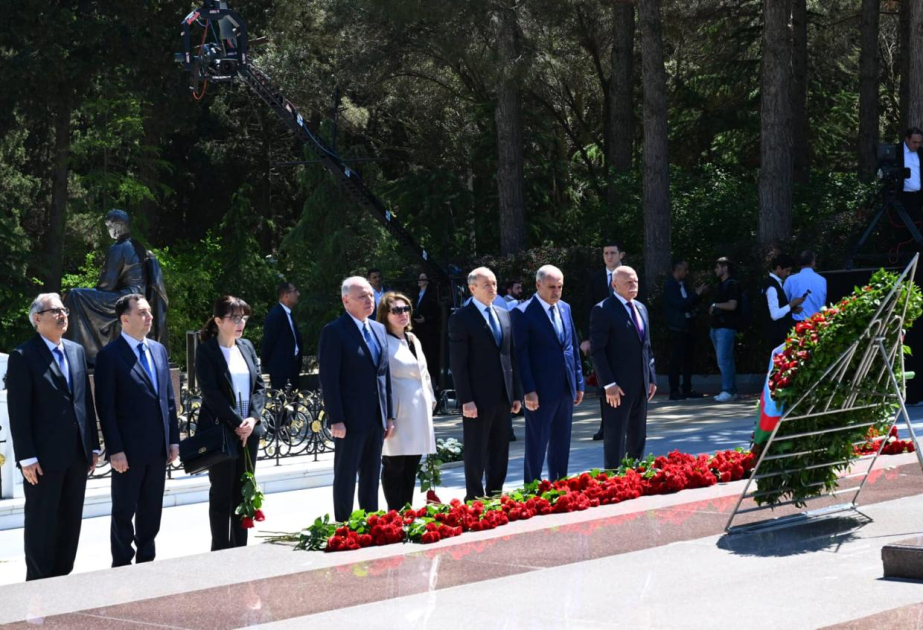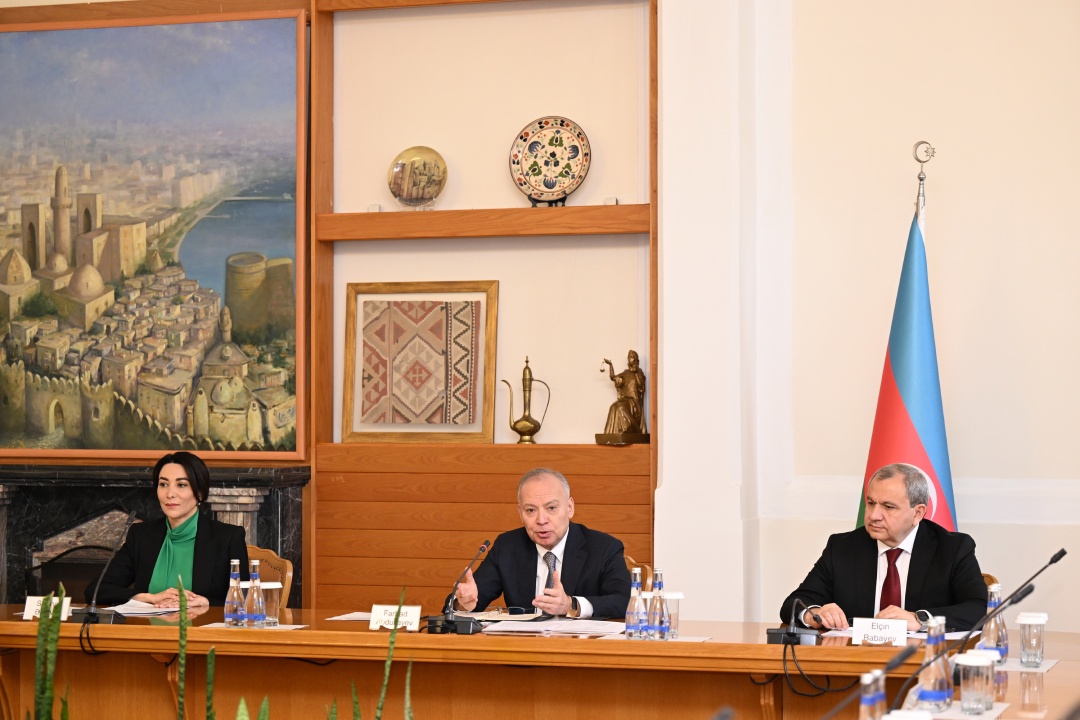01.03.2021
The Plenum of the
Constitutional Court of the Republic of Azerbaijan, chaired by Farhad
Abdullayev, held its regular session via the written procedure of special
constitutional proceedings.
At the court session
was examined the constitutional case based on the inquiry filed by
the Commissioner for Human Rights (Ombudsman) of the Republic of
Azerbaijan on verification of Article 1193 of the Civil Code of the
Republic of Azerbaijan with parts I, III, IV and V of Article 25, part II of
Article 26, parts I and VII of Article 29, parts I and II of Article 71, as
well as parts I and III of Article 149 of the Constitution of the Republic of
Azerbaijan.
Having heard the report
of Judge I. Nadjafov, studied and discussed written reports of representatives
of interested parties –Head of the Scientific and Analytical Sector of the
Administrative Office of the Commissioner for Human Rights (Ombudsman) of the
Republic of Azerbaijan M.Mamedov, Head of the Economical Legislation of the Administrative
Office of the Milli Majlis M.Bazigov, written opinions of specialists – representatives
of the Supreme Court of the Republic of Azerbaijan and judge of the Civil Board of the Court of
Appeal of Baku city R.Eyvazov, the Plenum of Constitutional Court of the
Republic of Azerbaijan adopted decision.
The decision states
that, Article 1193 of the Civil Code of the Republic of Azerbaijan corresponds
to parts I, III, IV and V of Article 25, part II of Article 26, parts I and VII
of Article 29, parts I and II of Article 71, as well as parts I and III of
Article 149 of the Constitution of the Republic of Azerbaijan.
In accordance with
Article 1159 of the Civil Code and Article 134.1 of the Family Code of the
Republic of Azerbaijan, which provide for the concept of a compulsory share in
the inheritance, Article 1193 of the Civil Code of the Republic of Azerbaijan,
which includes the provision "children, parents of the testator,"
implies adopted children and adoptive parents.

















